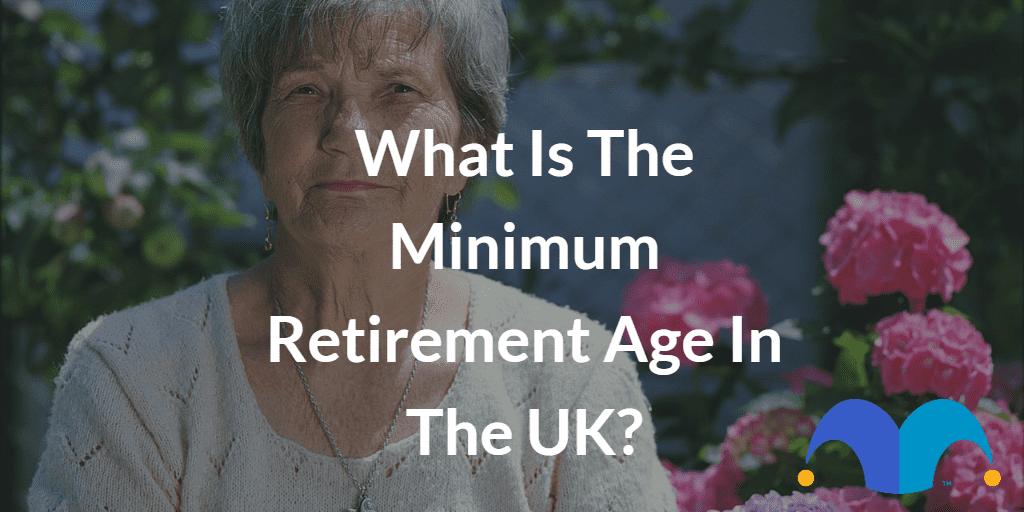Are you aware that there is a minimum retirement age in the UK? Do you know that there are tax implications if you try to access your pension before this age?
The world of pensions and retirement savings can sometimes seem complicated. Let’s take a look at what the minimum retirement age is – and why it matters for your retirement savings.
What is the minimum retirement age?
The minimum retirement age is the youngest age at which most savers can access their pensions without incurring a tax charge.
Currently, you need to be 55 years old to access your pension in the UK. But the government has proposed increasing this to 57 from April 2028, though this won’t apply to members of the firefighters, police and armed forces public service pension schemes.
The aim is to decrease the gap between the youngest age at which you can access your pension and when you could take your State Pension. It’s also to encourage people to save for longer in order to put themself in a more secure position in later life.
Why does it matter?
When you can take your pension depends on the rules of your pension scheme. But the likelihood is that you won’t be able to take it before the minimum retirement age.
If you were to try to take money out of your pension before the age of 55 (or 57 from 2028), then this could be classed as an unauthorised payment. In this case, you would then have to pay up to 55% tax on the money you take out.
However, there are some exceptions. If you are in poor health or in a profession where the normal retirement age is younger, then you could potentially take money from your pension earlier.
Similarly, there are schemes that have a protected pension age lower than the minimum retirement age. You can check this with your scheme administrator.
It is also worth noting that just because you’ve reached 55, you don’t necessarily need to start taking from your pension. In fact, the longer you leave your pension as it is, the more time it has to grow.
You can continue to work while withdrawing from your pension. Some find this useful to pay off debts or a mortgage. However, doing this could reduce your future pension earnings. And push you into a higher income tax band.
What does it mean for your retirement savings?
The minimum retirement age is in place to encourage savers to build up a decent pension pot. The earlier you retire, the smaller your pension pot is likely to be. This is because it’s had less time to increase in value.
When considering your pension pot, it helps to know what you are aiming for. At The Motley Fool, we have a wealth of resources around pensions.
Being aware of changes in pension guidance is also key. So when making your pension plans, keep in mind any potential increase to the minimum retirement age.
